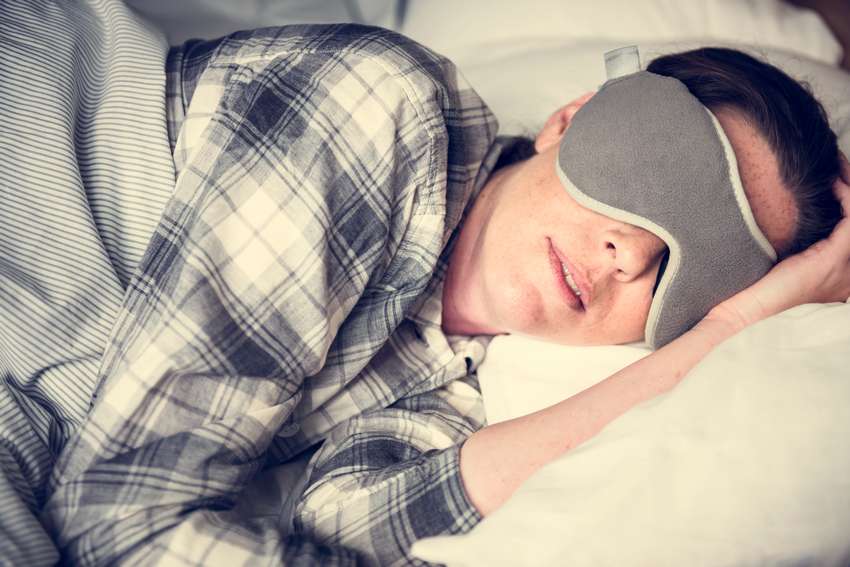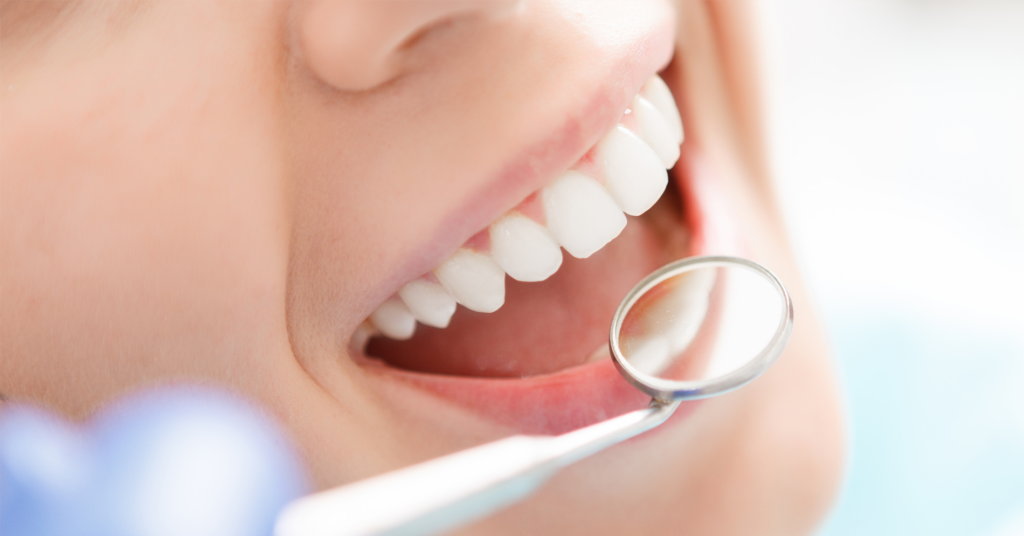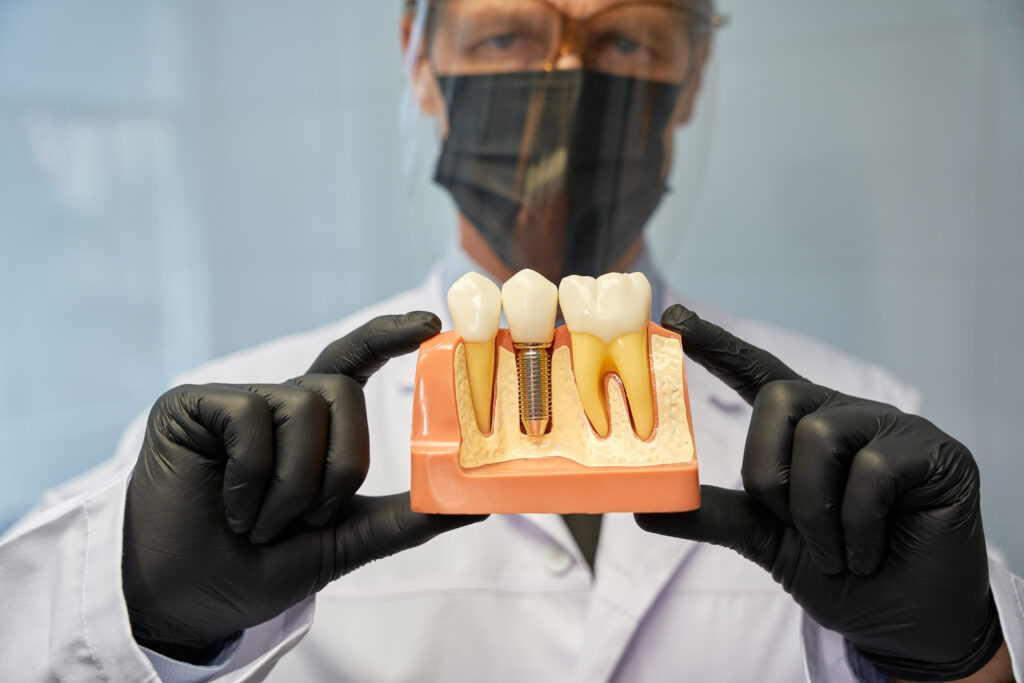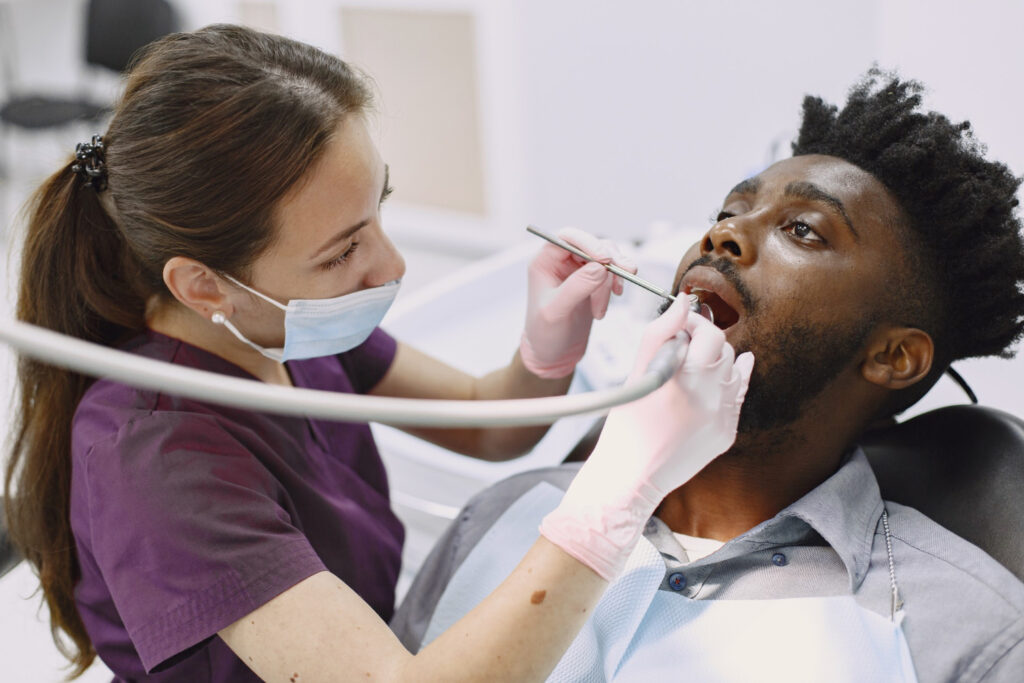
Do you suffer from dry mouth? If so, you are not alone. It’s estimated that millions of people experience dry mouth at some point during their lives. If you happen to be one of these people, then you probably already know that the night time is worst when it comes to symptoms. Many people wake up parched and this can be both frustrating and uncomfortable. What’s more, dry mouth can even lead to tooth decay and gum disease if left untreated.
One of the best ways to work toward relief from dry mouth is to learn about what causes it in the first place. Saliva is a natural part of the digestive system. It helps break down foods and it also rinses your mouth if bacteria. Dry mouth occurs when there is a lack of saliva. This can lead to difficulty chewing and swallowing. In some cases, it can even lead to a problem with speaking. Bacteria can stick to your teeth when you don’t have enough saliva. This can eventually lead to mouth infections and even tooth loss.
In many cases, dry mouth is a symptom of other conditions. It can be caused by certain medications, smoking, radiation treatment and even diabetes or Parkinson’s disease. Many people with dry mouth report a thirsty feeling, a sticky mouth and chapped lips. Some people also have burning or tingling inside their mouths and might have bad breath, too.
Dry mouth at night can be particularly troublesome because it is often caused by mouth breathing. In all cases, the best move is to address the underlying cause of dry mouth and then work to find solutions for the most frustrating symptoms. What follows is a quick guide to keeping the symptoms of dry mouth at bay.

- Try to stay hydrated by drinking water throughout the day.
- Chew on a piece of sugar-free gum or some low-sugar candy. Mints also help increase saliva production.
- Stop smoking if you’re a smoker.
- Limit your alcohol and caffeine intake.
- Brush your teeth daily.
- Use mouthwashes that are specifically produced for dry mouth.
- Avoid acidic and spicy foods.
- Chew on some ice chips at night if you feel parched upon waking.
- Try using a humidifier at night.
- Practice good oral hygiene to keep bacteria in check.







